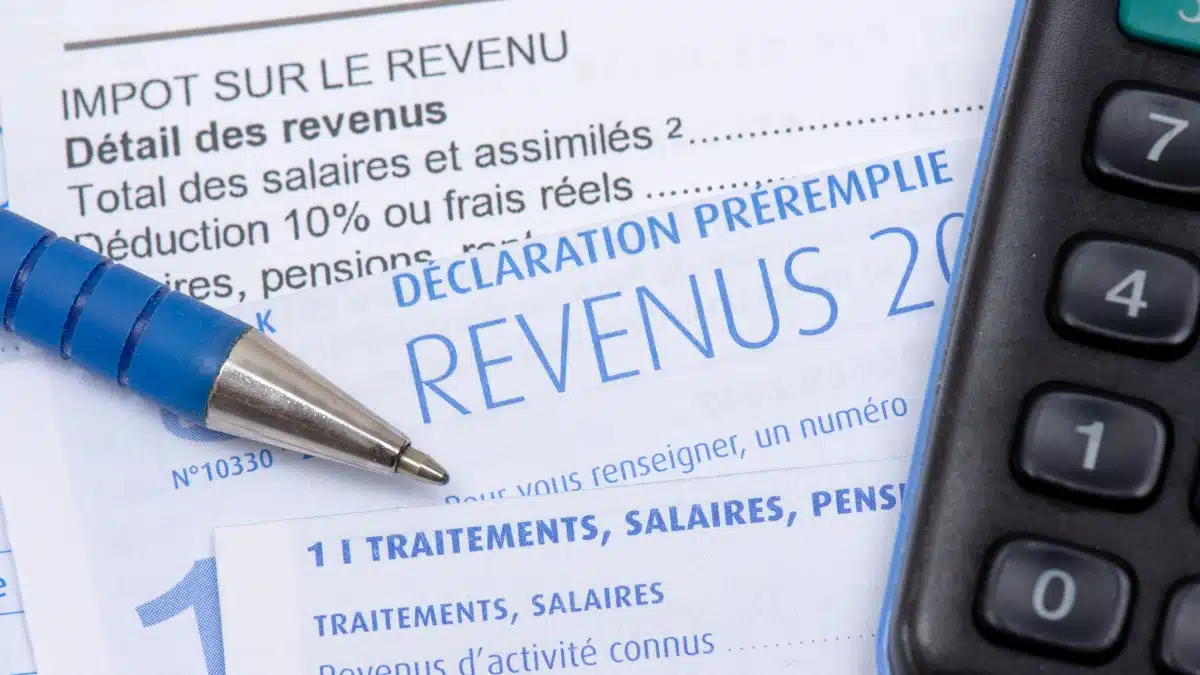With a new weapon, the tax administration could intensify its tracking down tax evaders on social networks. Except that some see it as an invasion of privacy. It is up to the Constitutional Council to accept or not the use of such a measure to combat tax fraud. We take stock.
Anti-fraud robots at the tax service
The tax authorities already had a well-stocked arsenal to track down tax evaders. That said, to strengthen this arsenal, the tax administration will get a new weapon. A weapon that will allow him to intensify his pursuit and invest on social networks.
“Before, it was impossible for the administration to consult information on websites which required a password and a login. Tomorrow, the administration will be able to,” confides Benoît Perrin, general director of Taxpayers Associated.
In fact, the tax service may use anti-fraud bots to investigate and scrutinize news feeds on social networks. The aim is to search for possible violations.
“What the administration is mainly going to look for are people who carry out an activity illegally. That is to say who do not have a business and who offer services on websites,” he explains.


An invasion of privacy through taxes?
This new weapon is in experimentation since 2020. However, it can only be applied if the Constitutional Council approves it. If he votes for it, the tax service will be able to create fake accounts on platforms like Facebook.
However, Internet users post there thousands of photos and videos every day. Some therefore see it as an invasion of privacy. For his part, Nicolas, a data engineer, believes that artificial intelligence will make it possible to analyze millions of publications in record time.
The tax administration will thus have in its possession a formidable weapon.
“It will allow mass analysis, but also to connect information which previously was not necessarily feasible,” explains Nicolas to TF1 Info.
Track down those with occult activities
However, a tax agent will systematically check the suspicions of fraud that the algorithms spot. If it turns out that there really is fraud, the fraudster will have difficulty defending himself against the tax authorities.
“If she considers that you are a French resident, that you have occult activity, it is up to her to provide proof of these elements. (…) There, it is the taxpayer himself who reveals his life, so it will be difficult for him to say “ah no, that is not what I wrote”,” says Sophie Alexandre, lawyer tax specialist.


A measure to combat tax fraud
It should be remembered that this measure will only apply if the Constitutional Council gives its approval. Furthermore, this measure is part of the fight against tax fraud which is a scourge. Moreover, the tax authorities have recently obtained the creation of 1,500 positions by 2027.
This will allow the tax service to compensate for the staff losses of recent years. In fact, the tax administration recorded nearly 32,000 positions lost in 15 years. Losses which, for information, represent a quarter of its workforce.
In 2024, the General Directorate of Public Finances will be able to regain 200 positions out of a total workforce of 95,000 people. All this is part of the fight against tax fraud.
